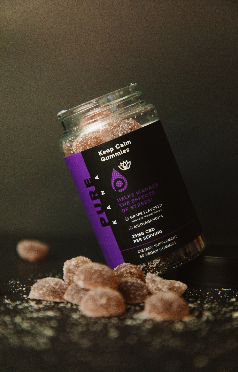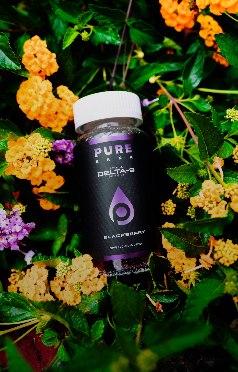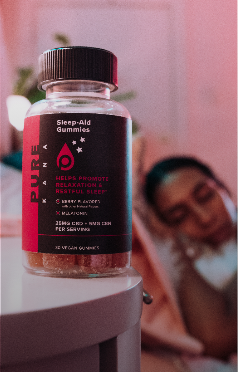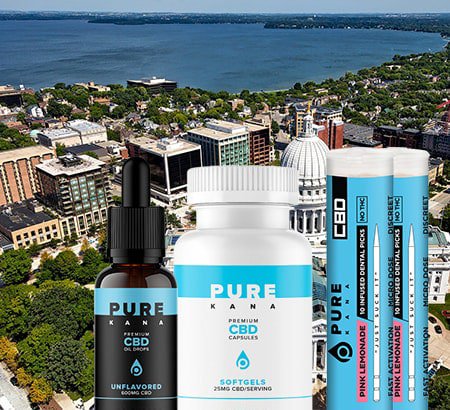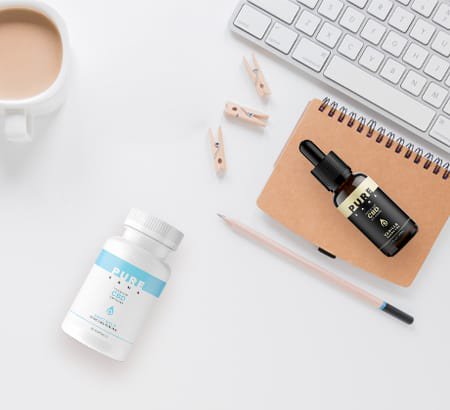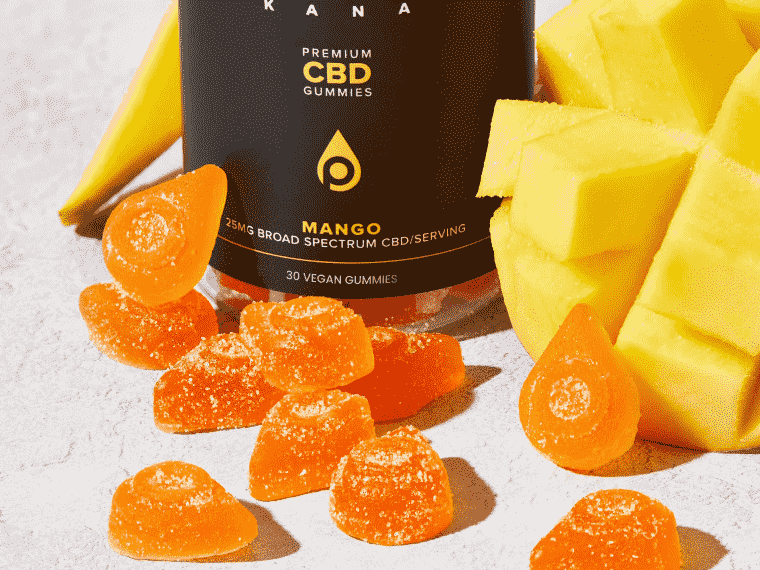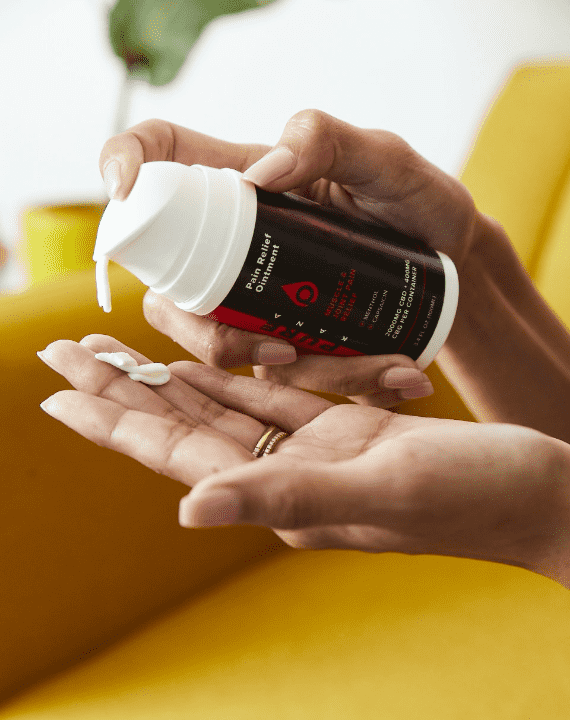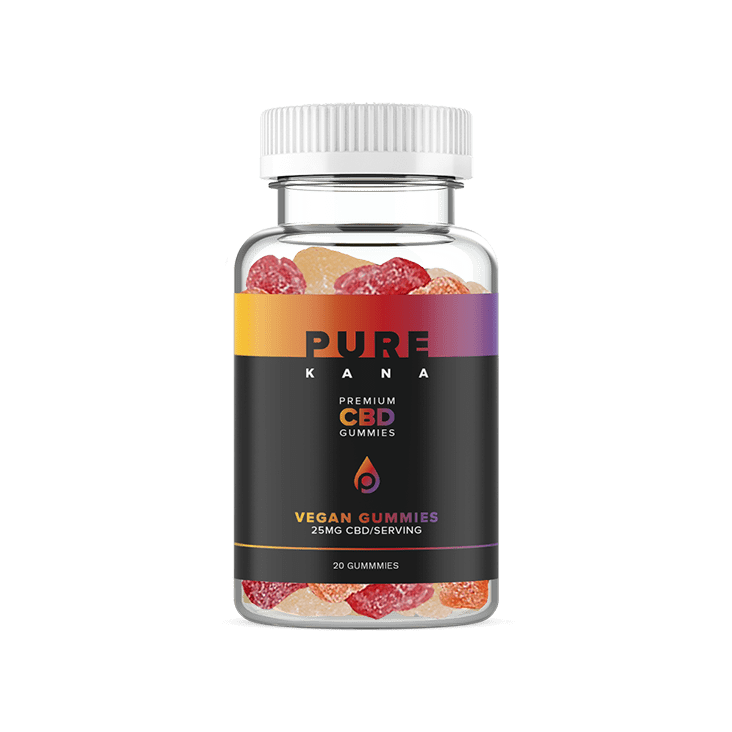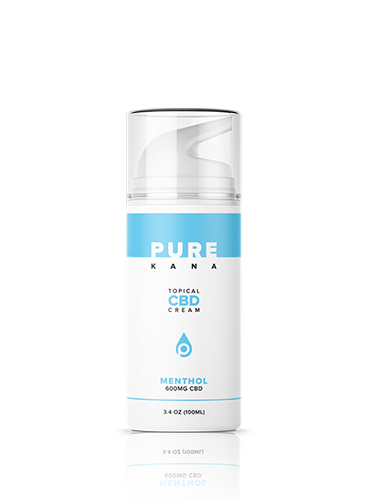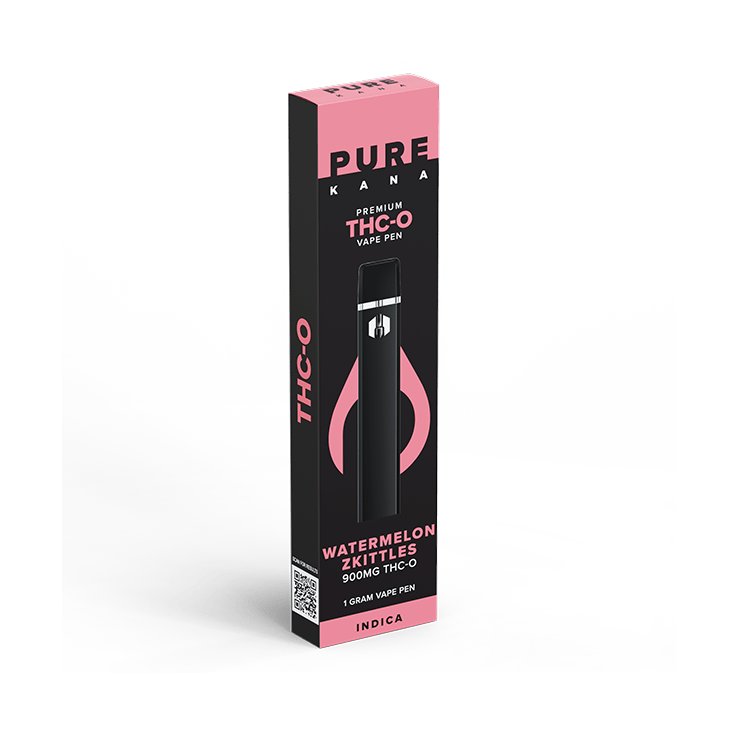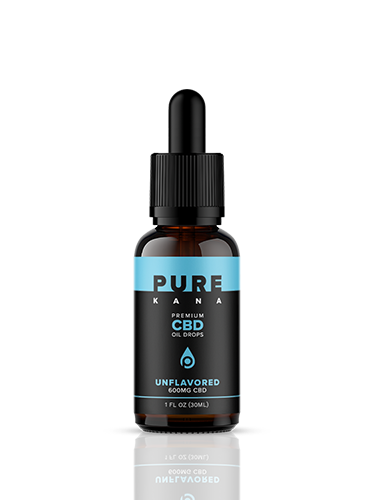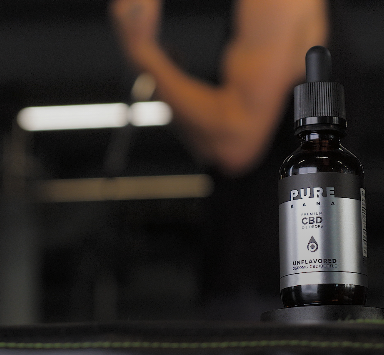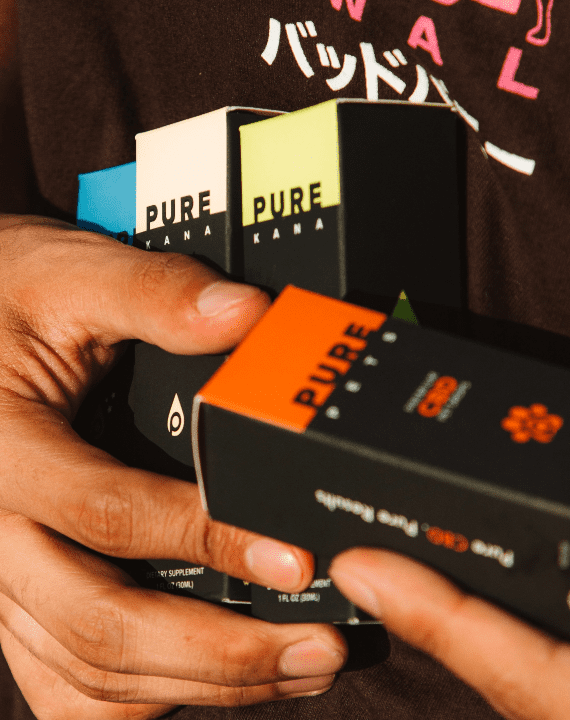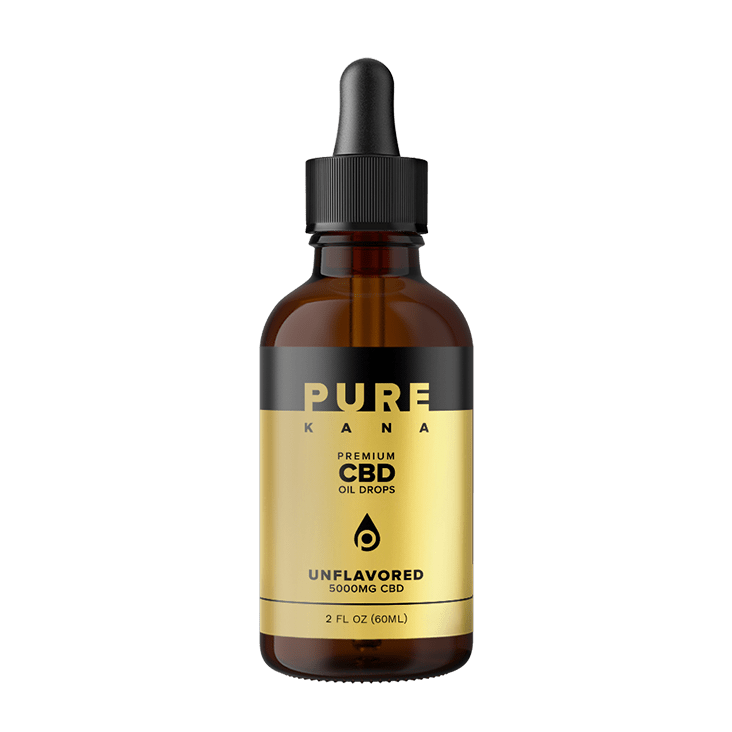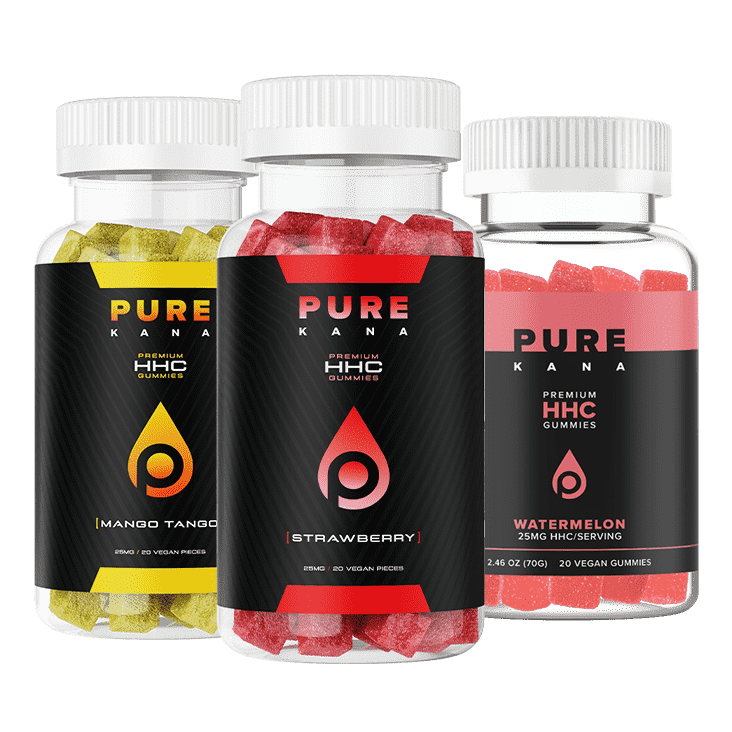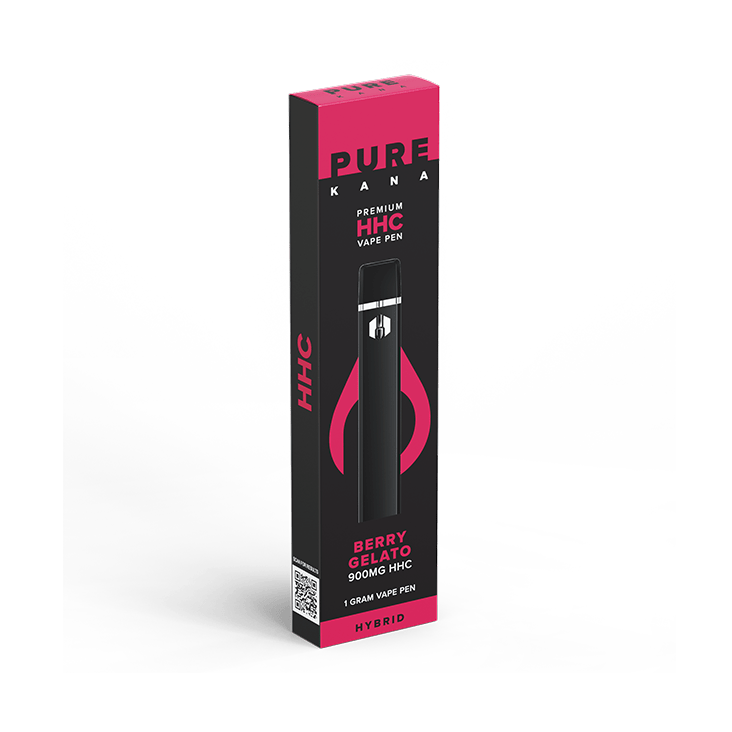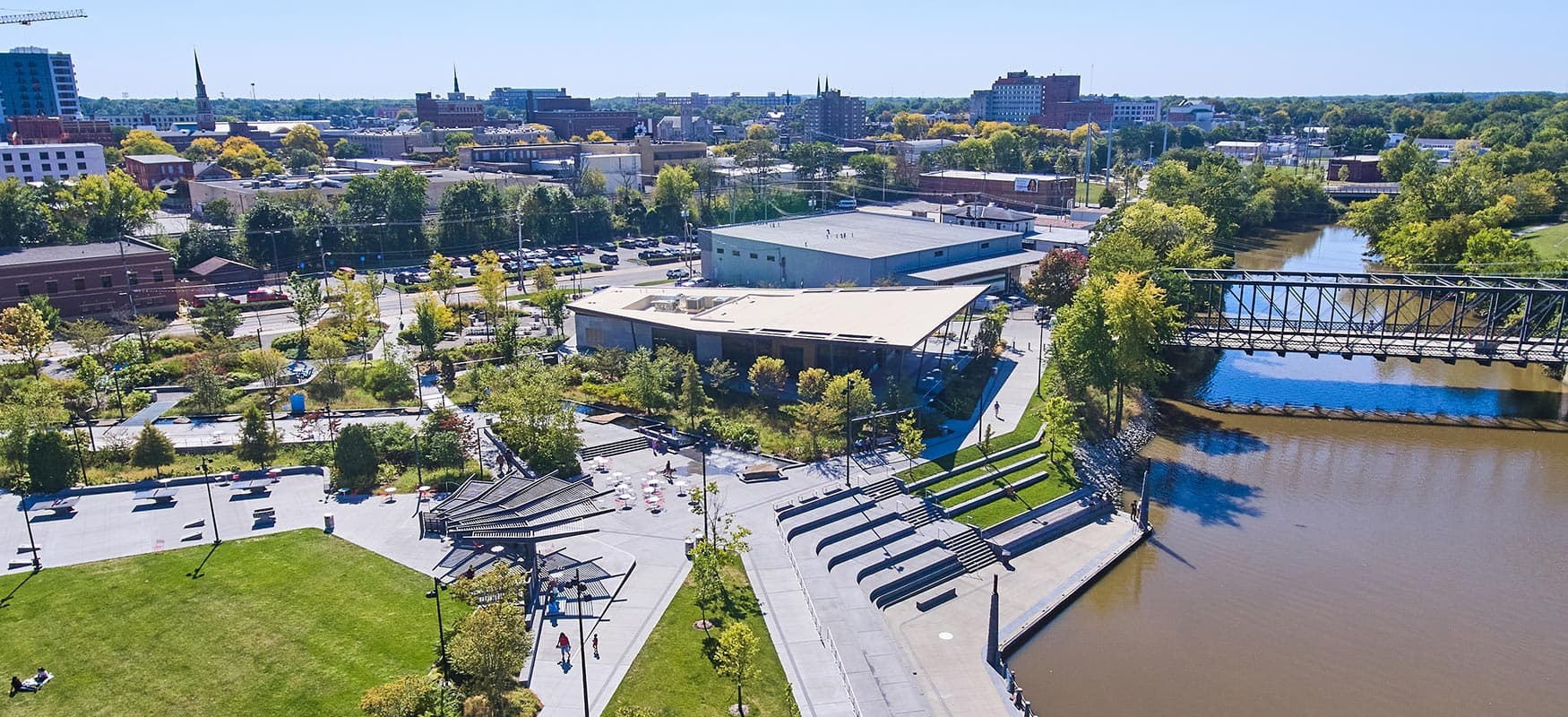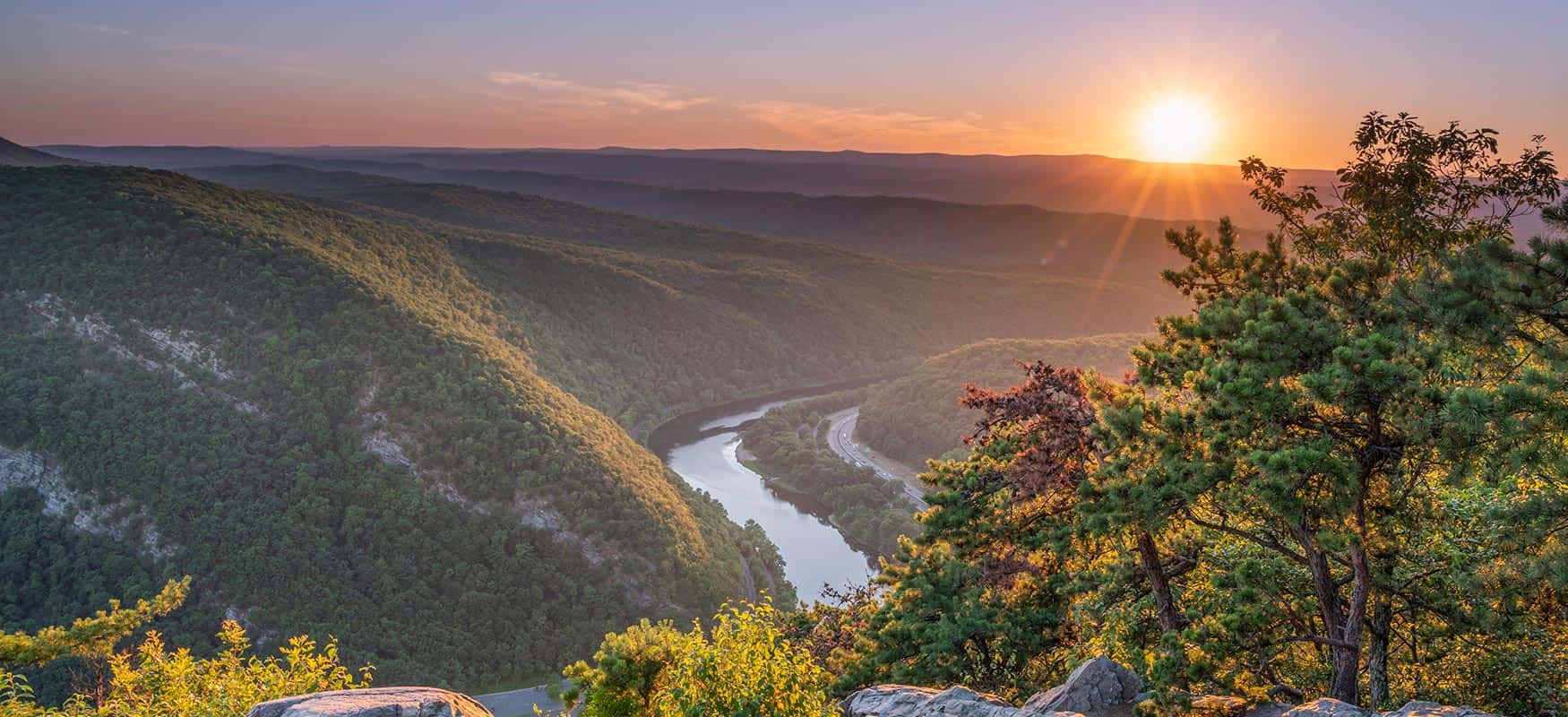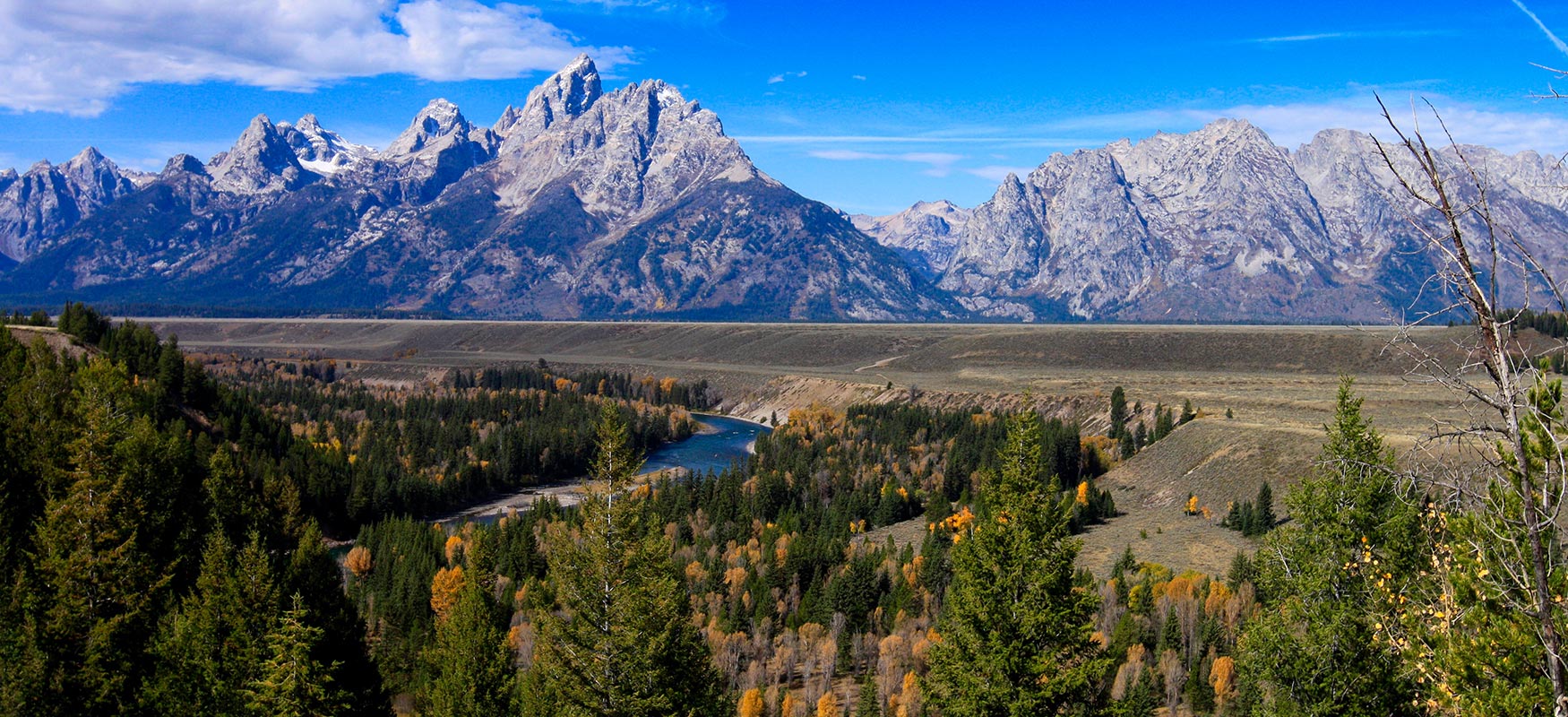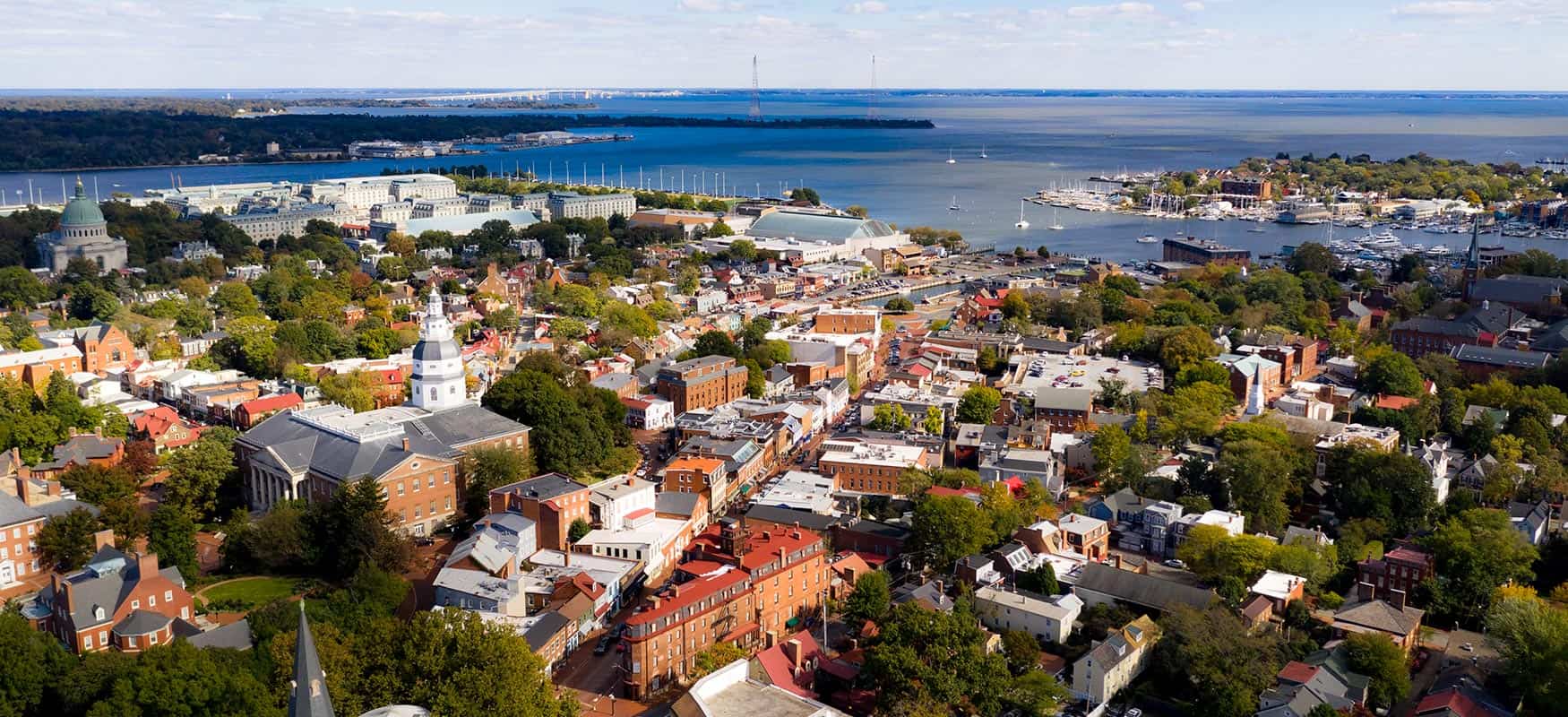FOLKS ARE ASKING: 'IS CBD OIL LEGAL IN WISCONSIN?'
The legal status of CBD as a whole is rather confusing, not just in Wisconsin but throughout the United States. After the passing of the updated Farm Bill in 2018, many assumed there would be no more debate or questioning of the legality of CBD in the country. Unfortunately, it hasn’t been quite so cut and dry, though.
The 2018 Farm Bill legalized industrial hemp’s growth, processing, and sale; however, it did not specifically address cannabidiol (CBD). The assumption is that hemp-derived CBD is legal, but each state is responsible for making its own decisions regarding hemp cultivation and the sale and use of CBD.
Fortunately, CBD oil in Wisconsin is pretty easy to find in most cities and towns. Following federal law, all CBD products must be hemp-derived and contain no more than 0.3% THC. THC is the cannabinoid notorious for producing an intoxicating high, and it’s the main reason authorities are concerned about the use of cannabis-related products, like CBD.
However, THC is only found in small quantities in the hemp plant but in much larger quantities in marijuana. Hence the reason for many states allowing for the sale and use of hemp-derived CBD oil and banning marijuana-derived CBD.
When shopping for CBD in Wisconsin, customers need to consider overall quality. There are hundreds of different CBD oil options on the market, and at first glance, they all look the same. However, CBD products vary drastically in terms of ingredients, quality of hemp, and value for money under the surface. Distinguishing between the good and the bad is often challenging, and doing research is essential. For optimal results, it’s important to find reputable retailers with a proven track record, like PureKana.

